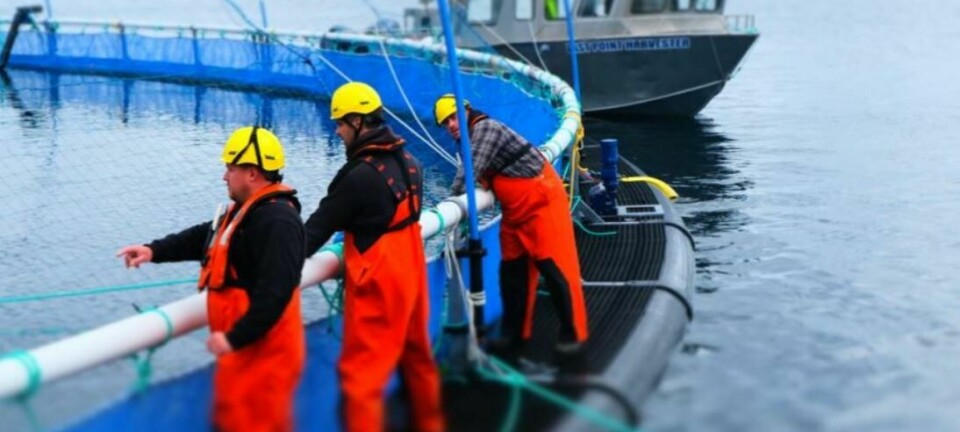
Cell-grown fish producer Umami Bioworks sets up UK branch
Singapore-headquartered cell-grown seafood pioneer Umami
Bioworks has set up an operation in the UK as its base for entry into the
European region.
“Our decision to enter the UK market aligns with the country’s strong focus on food security and its world-renowned expertise in biotech and bioengineering,” said chief executive Mihir Pershad.
“We will work closely with leading institutions such as University College London (UCL) and Imperial College to advance commercialisation of our current generation of cultivated seafood solutions and to pave the way for the next generation of cultivated seafood breakthroughs that will inevitably redefine how the UK - and the world - feeds itself.”
Regulatory approval
Pershad explained to Fish Farming Expert that the sale of cultivated seafood is not currently allowed in the UK without prior market authorisation, and securing regulatory approval from food safety regulators is a key part of Umami Bioworks’ roadmap to bring products to the UK market.
“The journey to commercial products in the UK involves both securing regulatory clearance and establishing local partnerships with established food producers,” added Pershad.

Umami is developing a standard, modular production platform for 'cultivating' seafood using stem cell biology, machine learning, and automation. It is focused on producing cultivated versions of endangered, threatened or protected species that are highly desired by consumers but cannot be farmed.
Red snapper
“We are working on red snapper, a white fish, which we anticipate being one of our first species into the UK market,” explained Pershad. “There are several other species in our pipeline, and we’ll be able to share more as we hit key technical milestones for those cell lines and processes.”
Umami Bioworks said that according to The World Counts, a project that aims to raise awareness of global challenges and inspire people to take action, “nearly 80% of the world’s fisheries are already fully exploited, over-exploited, depleted, or in a state of collapse. Worldwide, 90% of the stocks of large predatory fish, such as sharks, tuna, marlin, and swordfish are already gone, foreshadowing a global food emergency.”
Complementing farming
The company said cultivated seafood offers a path to a more sustainable future, dramatically reducing greenhouse gas emissions, water usage by 78%, and land usage by 95% compared to traditional farming methods.
It added that it was entering the European market as a genuine first mover, arriving with transformative solutions that protect marine biodiversity while ensuring seafood lovers don’t have to say goodbye to their favourite dishes.
Pershad concluded: “Umami Bioworks is committed to collaborating with UK stakeholders, ensuring that cultivated seafood complements, rather than disrupts, existing farming industries. The UK government’s ongoing support for cultivated meat technology and a favourable regulatory environment provide fertile ground for Umami’s success.”























































